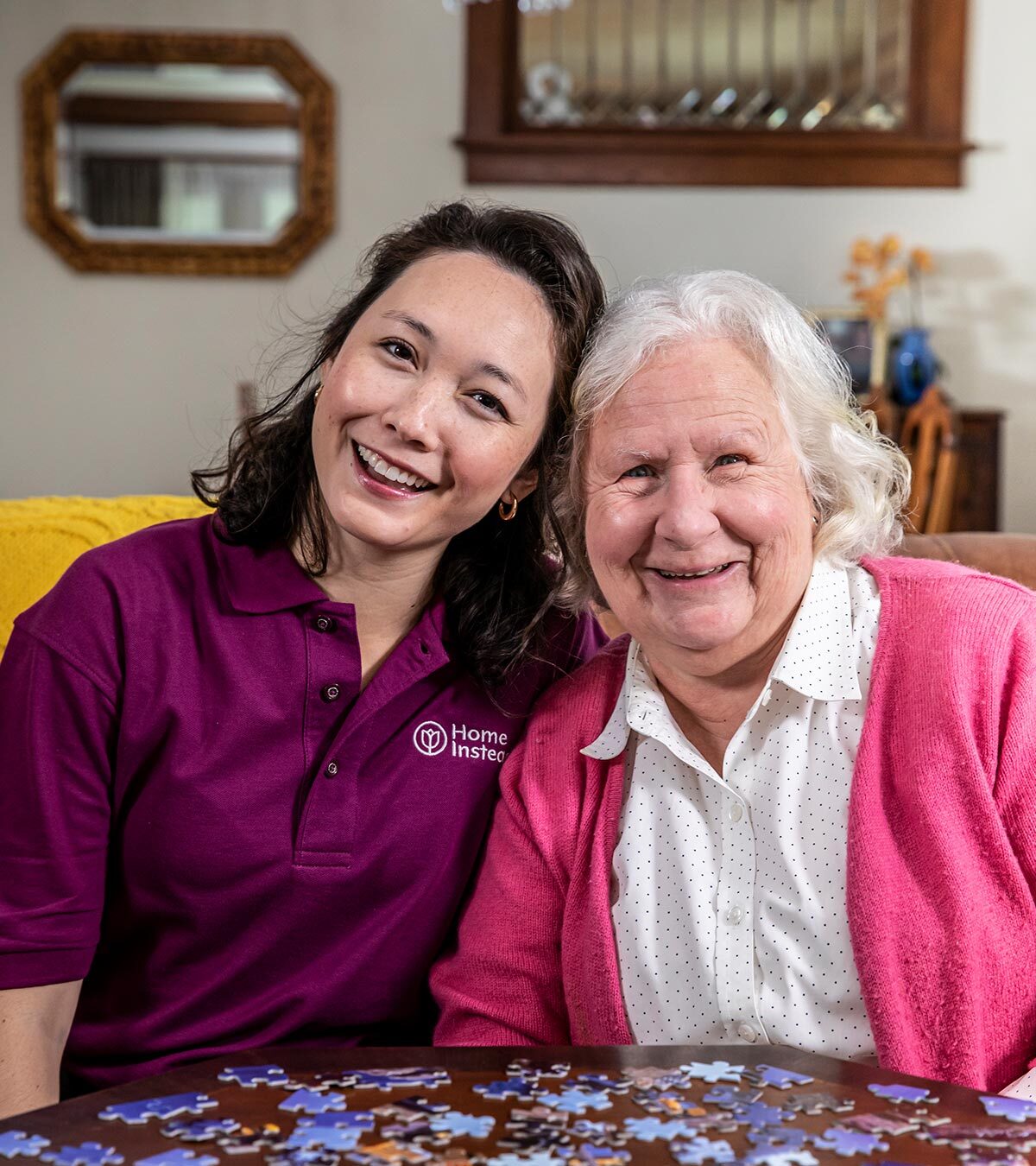Navigating the Challenges of Senior Assistance: How Family Dynamics Impact Choices
Wiki Article
Navigating the challenges of senior care can be a difficult experience for families. As loved ones grow older, their needs often evolve, requiring more assistance and aid. Family dynamics play a key role in decision-making regarding senior care. Different family members may have varying views on what type of care is best, which can lead to disagreements and stress. Recognizing how these dynamics affect decisions can help families collaborate more efficiently to ensure their relatives receive the best possible care.

One of the primary elements influencing family dynamics in elder care is communication. Open and candid discussions among family members are essential for making informed decisions. When family members share their thoughts and emotions about care choices, it can lead to a better understanding of each person's viewpoint. For instance, one sibling may think that in-home care is the most appropriate option, while another may believe that assisted living is more suitable. By talking about these perspectives, families can examine the advantages and disadvantages of each choice and come to a mutual agreement that honors everyone's views.
Another significant factor of family dynamics is the distribution of responsibilities. In many families, one or two members may take on the majority of the caregiving tasks, while others may be more detached. This imbalance can create feelings of resentment or annoyance among family members. It is crucial for families to acknowledge and address these disparities. By dividing responsibilities more evenly, families can make sure that no one person feels burdened. This team-oriented method not only relieves the pressure you can check here on caregivers but also fosters a sense of cooperation and assistance among family members.
Psychological elements also play a significant role in the decision process about elder care. Family members may go through a variety of feelings, including remorse, anxiety, and sorrow, as they navigate the challenges of aging. These feelings can influence how decisions are made. For instance, a family member may experience remorse about proposing a nursing home, worrying it may be seen as neglecting their loved one. It is important for families to acknowledge these feelings and create a supportive environment for voicing them. By doing so, they can work through their feelings together and make decisions that prioritize the well-being of their relative.
Lastly, outside factors can impact family dynamics and decision-making in senior care. Factors such as monetary considerations, societal beliefs, and the accessibility of resources can all shape the choices families make. For example, some families may have limited financial resources, which can limit their choices for care. Additionally, societal beliefs about aging and caregiving can influence how families approach senior care. Recognizing these external influences can help families manage the challenges of decision-making and find solutions that align with their values and circumstances.
In conclusion, managing elder care demands careful consideration of family dynamics. Effective dialogue, fair allocation of responsibilities, emotional understanding, and recognizing outside influences are all essential elements of the decision process. By working together and valuing each other's viewpoints, families can make informed choices that ensure their relatives receive the care and support they need. This team-oriented method not only benefits the senior but also strengthens family bonds during a challenging time.